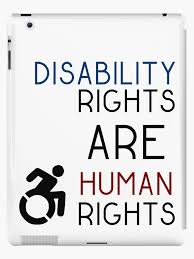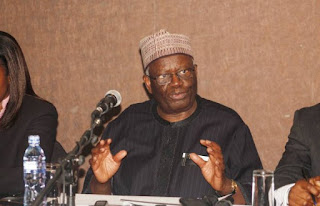IS ZAMBIA VIOLATING THE RIGHTS OF INTERNALLY DISPLACED PERSONS?

ZAMBIA’s Disaster Management and Mitigation Unit (DMMU) records indicate that there are as much as, 11, 000 people have been internally displaced within the borders of Zambia over the past 10 years. A consortium of civil society organisations working to promote the land rights of Zambians under the auspices of the Zambia Land Allianc e however believes that the figures are much higher. Most displacements of indigenous Zambians are induced either by development projects such as the Multi Economic Facility Zones (MFEZ), mining, industrial, agriculture and other large scale land based investments with minimal, or no compensation at all. In a number of cases, individuals who illegally sell land to rich people, including foreigners, in the process displace citizens. Zambian authorities accuse some of the people who have been displaced of being squatters without taking into account the narrative that brought the affected people there in the first place. Take for ...




